Dubai is an increasingly popular tourist destination, but Islam being the state religion in the United Arab Emirates, tourists must obviously follow certain rules – especially during Ramadan. If you are planning to visit Dubai during Ramadan, you are probably wondering what attitude you will have to adopt, which are the activities you will and will not be able to do, and more generally everything that will change in Dubai during this holy month. Good news: I explain it all in the following lines!
What is Ramadan in Islam?
Ramadan is originally a time for meditation, and is one of the five pillars of Islam. It is during this time of the year that the Qur'an (or Koran) was revealed to the Prophet Muhammad. During this period, Muslims cannot eat, drink, smoke or have sexual relations between sunrise and sunset.
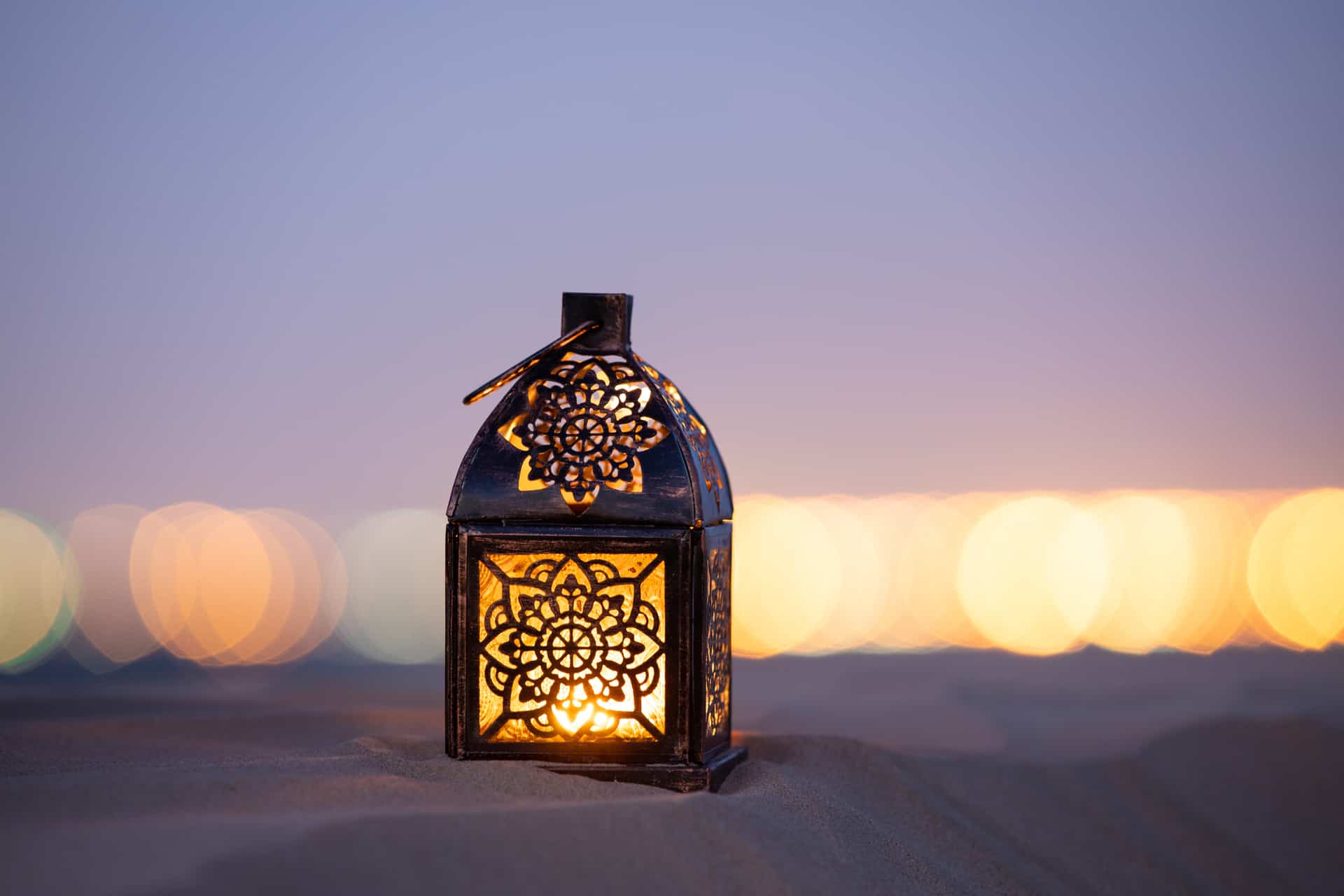
It is therefore a month during which Muslims must pray and reflect on how to develop their faith and the human qualities that accompany it, such as compassion and humility.
Many other major holidays and events in Islamic history are also celebrated during Ramadan, such as Laylat al-Qadr, Zakât al-Fitr and Eid al-Fitr.
When is Ramadan?
Ramadan is the name of the ninth month of the Muslim lunar calendar, which is the holy month. It is the only month that appears in the Qur'an. The dates of Ramadan therefore vary every year, as they are set by Muslim authorities in all countries according to the movements of the moon and the position of the earth. This holy month of Islam lasts between 29 and 30 days.
How do people in Dubai live during Ramandan?
Since it is often very hot in Dubai and the Muslim population is not allowed to eat or drink during the day, working hours are shortened by an average of two hours in all companies. Therefore, the streets will be much less lively as long as the sun is up – and sometimes even simply deserted.
This is especially true in the more authentic areas of Dubai, such as Deira or Bur Dubai – historic neighborhoods where traditions are still very important.
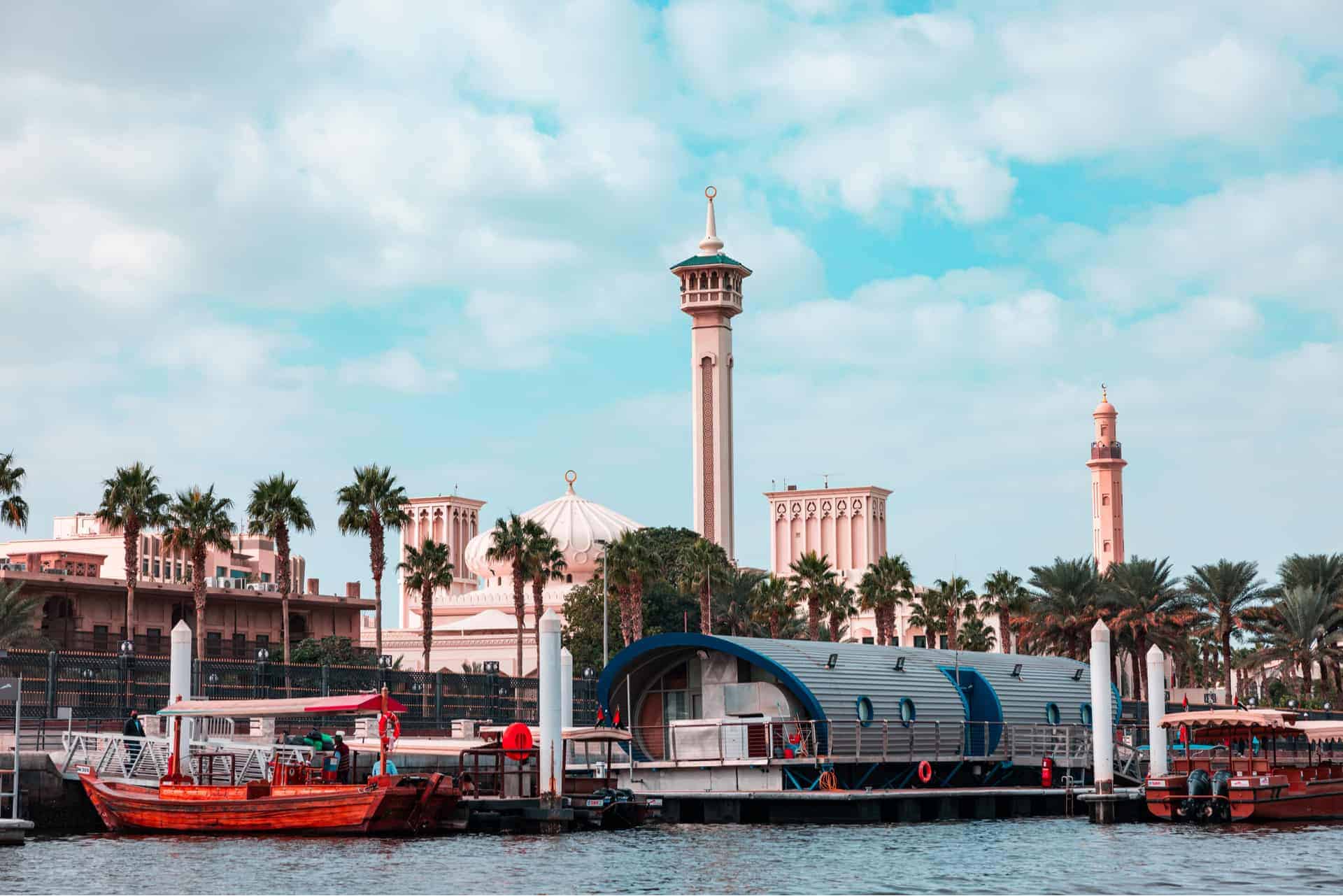
In other areas (such as in Dubai Marina or Downtown Dubai), there will be more activity but it will still be much more limited than during the rest of the year. However, the hotels and large complexes that mainly welcome tourists from abroad remain more active.
As such, the city lives really slowly from sunrise to sunset during Ramadan. On the other hand, as soon as the night falls comes the time to break the fast, and then the whole city comes alive! For Iftar, Muslims and non-Muslims gather in the city's restaurants to eat, drink, smoke shisha and listen to traditional music.
What are the rules for visiting dubai during Ramadan?
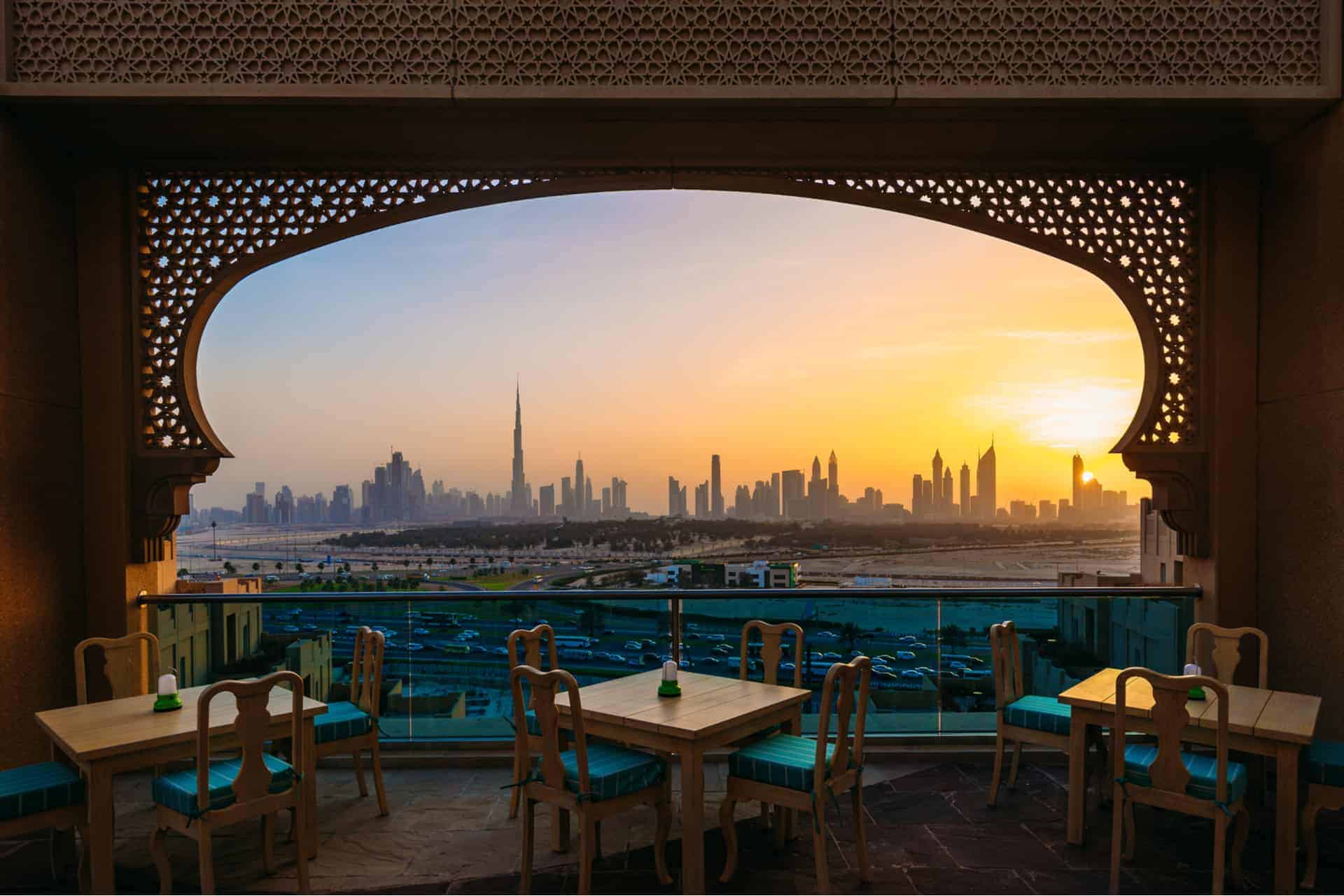
Visiting a country also means adapting to its laws and respecting the rules of good conduct, obviously. During Ramadan in Dubai, the most important rule is to observe fasting in public. This means that you are not allowed to eat in public, but also to drink or smoke.
This prohibition also applies to public transport, cabs and even personal vehicles.
Apart from this major rule, the correct behavior to adopt remains the same as during the rest of the year. There are rules to follow that apply to all Muslim countries, including a dress code that is in accordance with the local culture.
Note that the atmosphere in Dubai is quite relaxed, and this dress code does not mean that women have to wear the burqa or the Islamic veil – you will simply be asked to wear clothing that is neither too short nor provocative. You should avoid low-cut necklines and short skirts, and instead wear clothes that cover your knees.
Of course, the right outfit also depends on the context. At the beach, for example, women can wear a two-piece bathing suit, but if you wish to visit a mosque, you will have to cover your shoulders and knees, and women will have to wear a veil.
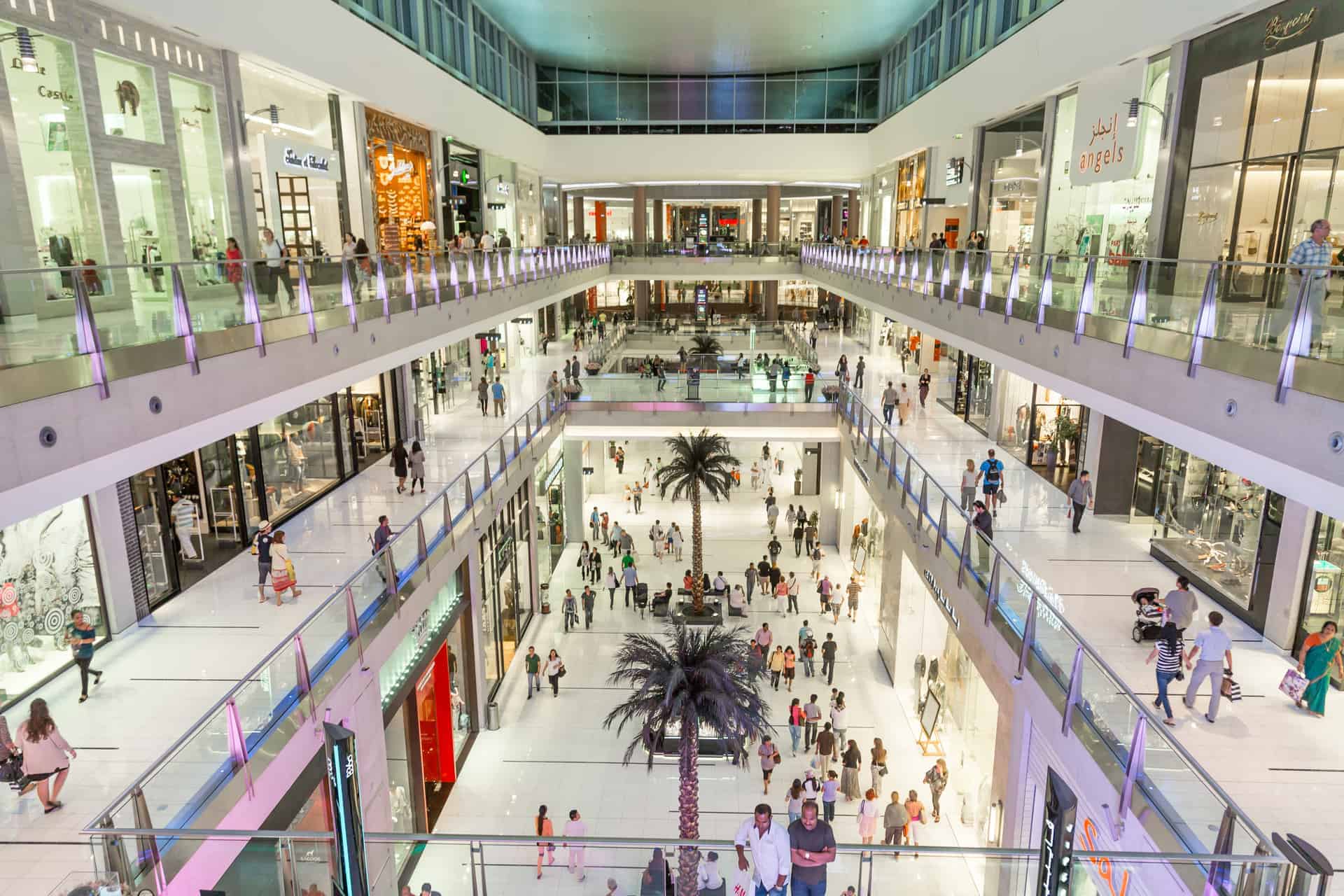
Overly affectionate behavior is also often frowned upon, except with children.
Finally, since Ramadan is a time for contemplation, patience and tolerance, arguments and fights in public places are even less tolerated than during the rest of the year.
What actually changes during Ramadan in Dubai?
Since working hours change during this month, this obviously brings about several changes that will directly impact tourists and all people visiting Dubai during Ramadan.
The vast majority of Dubai's most popular tourist sites remain open during Ramadan, but they adapt their opening hours. So if you're wondering what to do in Dubai during Ramadan, you should know that these changes concern:
- The Burj Khalifa, the world's tallest tower;
- The Dubai Frame;
- Legoland Dubai;
- The Lost Chambers, the aquarium of the Atlantis Hotel;
- The Dubai Fountain (which does not hold daytime shows during the month of Ramadan);
- The Dubai Museum;
- The Dubai Zoo;
- Global Village;
- Bollywood Parks;
- The MotionGate Dubai...
If you are planning to travel to Dubai during Ramadan, I recommend checking the opening hours of all these attractions and many more directly on their different official websites. I also recommend buying a pass to discover Dubai – it will be very useful if you plan to do many visits and activities.
As for shops, their opening hours are also modified, whether for the big shopping malls or for the small stores.
In exchange, many of the stores that close for part of the day stay open much later during Ramadan. This is especially the case of Dubai's shopping malls (Dubai Mall, City Walk, Mall of the Emirates...) which generally open their doors until 1 a.m. during the week and 2 a.m. during the weekends, and this all throughout Ramadan.
Eating during the day during Ramadan
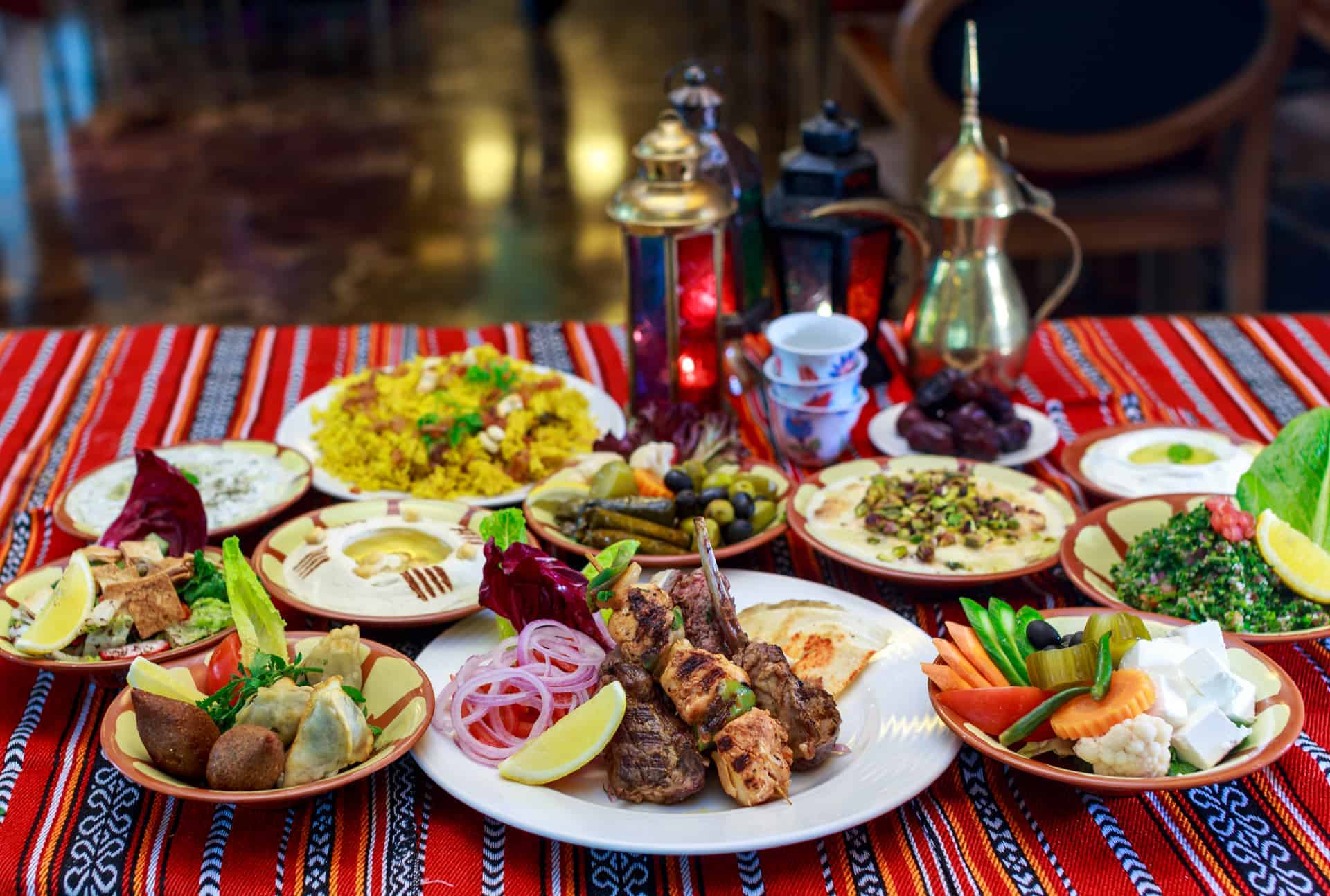
For a complete immersion, some travelers decide to fast during the day while visiting Dubai during Ramadan – but this is by no means an obligation. Although many restaurants close during the day, many remain open. This is the case for many of the restaurants located in hotels, but also for those located in the halls of shopping malls.
For a long time, establishments that served food during the fasting hours of Ramadan were required to cover their facades behind curtains, but this obligation was lifted by the Dubai authorities in 2021.
Of course, all people who need to eat and drink regularly for health reasons (children, elderly people, pregnant women, diabetics...) and who cannot fast during the whole day can do without, even if they are Muslims. They are simply asked to keep a maximum of discretion. If you don't know where to eat in Dubai, I have shared an article in which you will find my best suggestions 😋Iftar in Dubai
Iftar is the name of the meal that Muslims eat every night to break the fast during Ramadan. This is when all the restaurants in the city open their doors, and many establishments offer a special menu for the occasion – often very hearty and particularly affordable, so that everyone can enjoy it. Of course, even non-Muslims can enjoy these menus, and the meals are an excellent opportunity to share a great moment of conviviality.
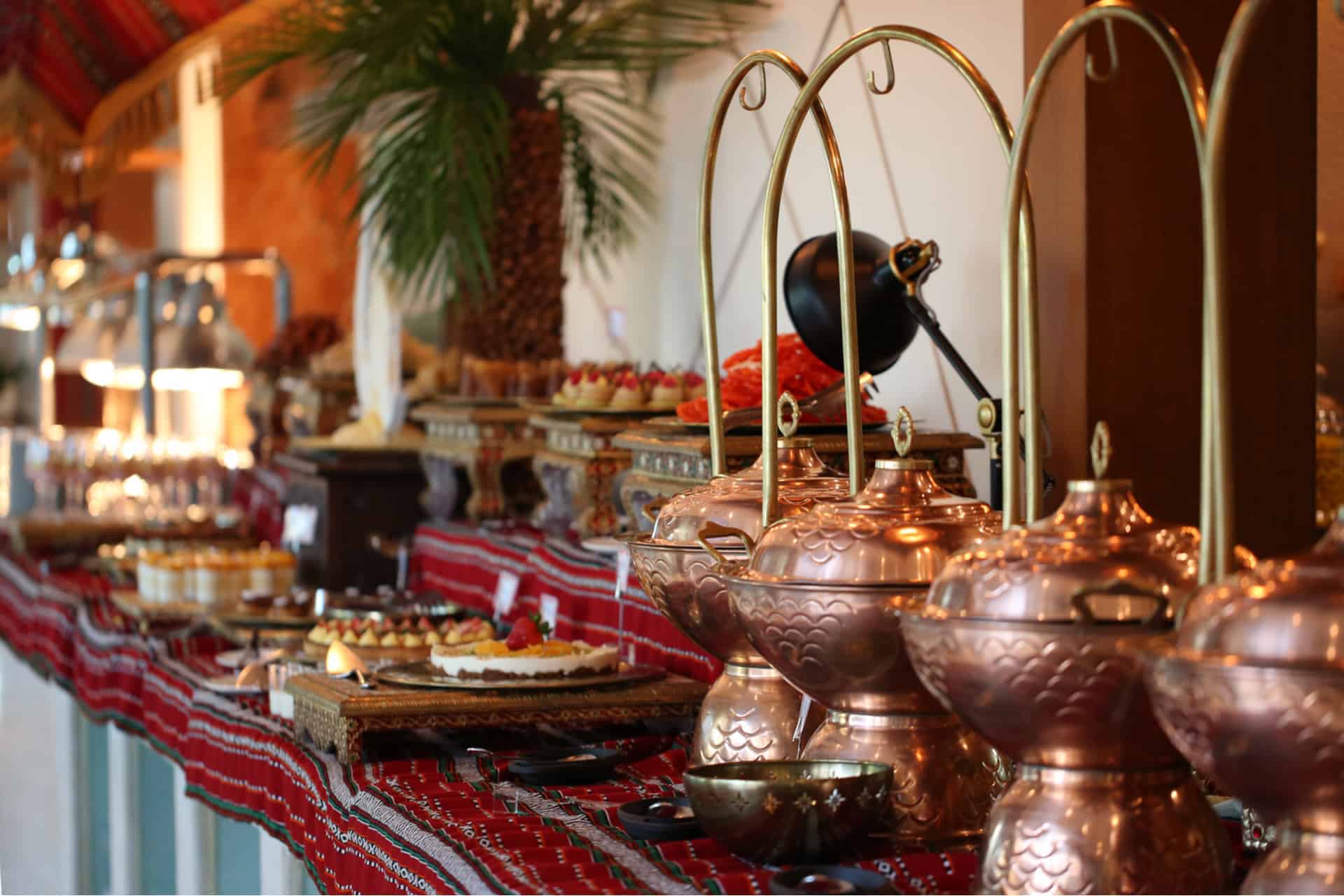
In many places in Dubai, you will also find tents specially set up for Iftar. Many of the major hotels also adapt themselves during Ramadan and offer large meals with a particularly festive atmosphere every evening, for the breaking of the fast.
Is visiting Dubai during Ramadan a good idea?
In the end, is Ramadan a good time to visit Dubai? Well, I would say that it depends on each person. It takes a bit of adjusting, but there's no doubt that travel is still quite possible and can even be especially enjoyable.
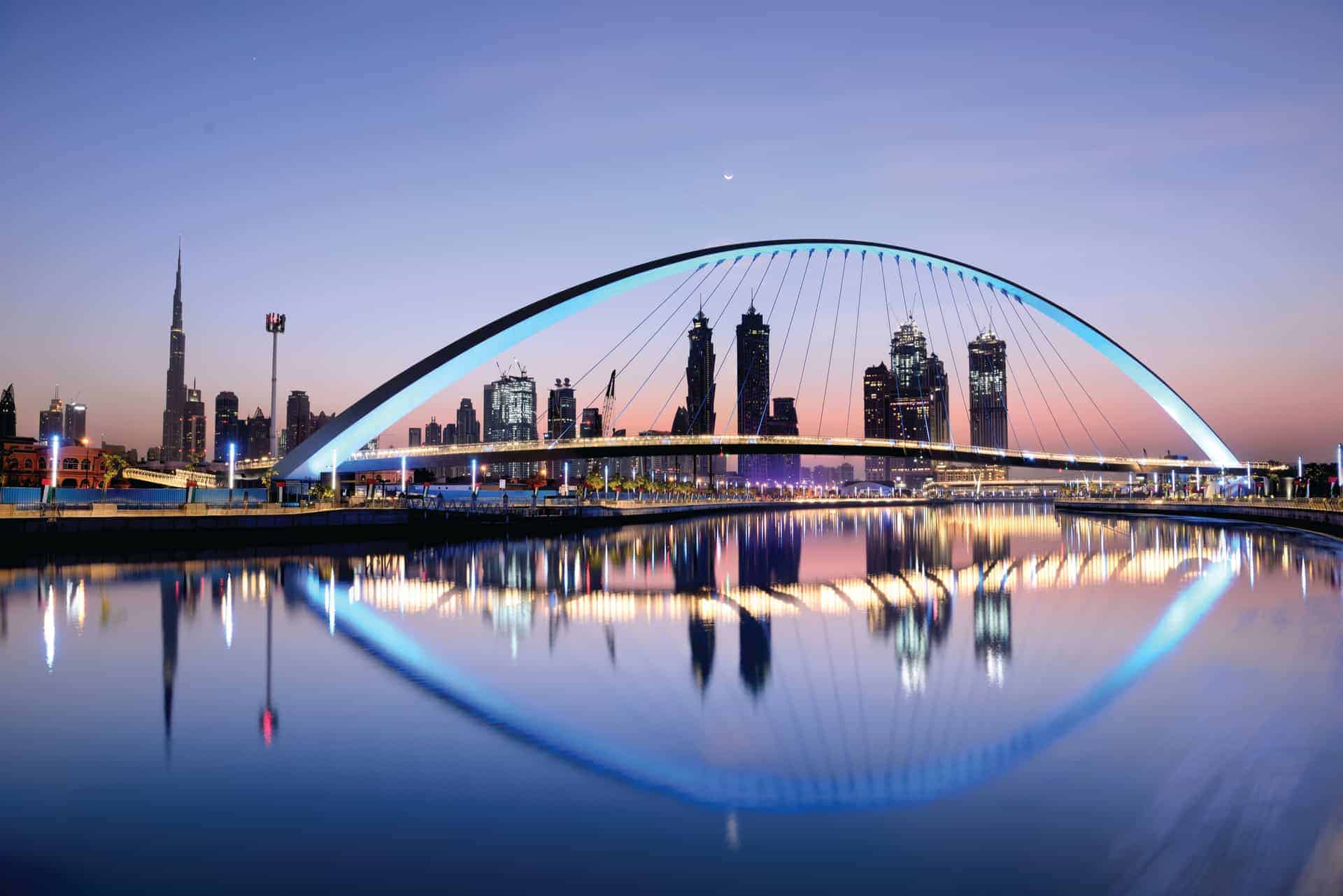
Many sites, stores and restaurants will not be as easily accessible as during the rest of the year, and the city will pretty much come to a standstill during the day, but that's not necessarily a bad thing. You can stay at your hotel during the day and soak up the sun by the beach or pool, before heading out to explore the city after nightfall. By the way, if you're not sure where to stay in Dubai yet, my article on this topic should help you make your choice!
One thing is for sure: only during this time of the year will you be able to witness such an excited atmosphere in the streets of the city once the sun goes down. It's also the perfect time for a true immersion in the culture of the city's inhabitants! 😄
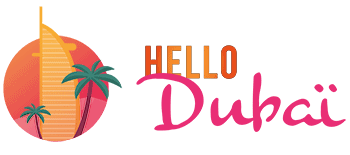
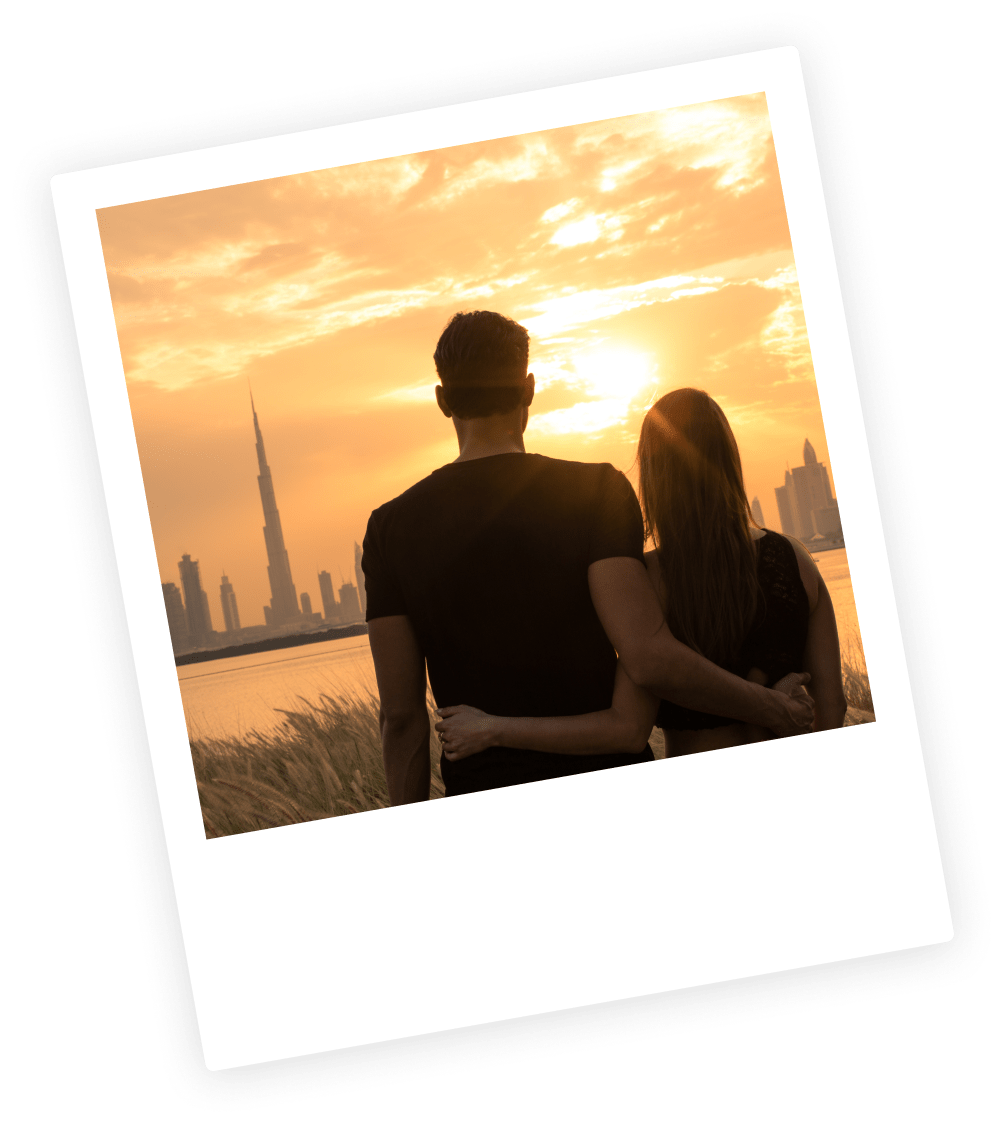
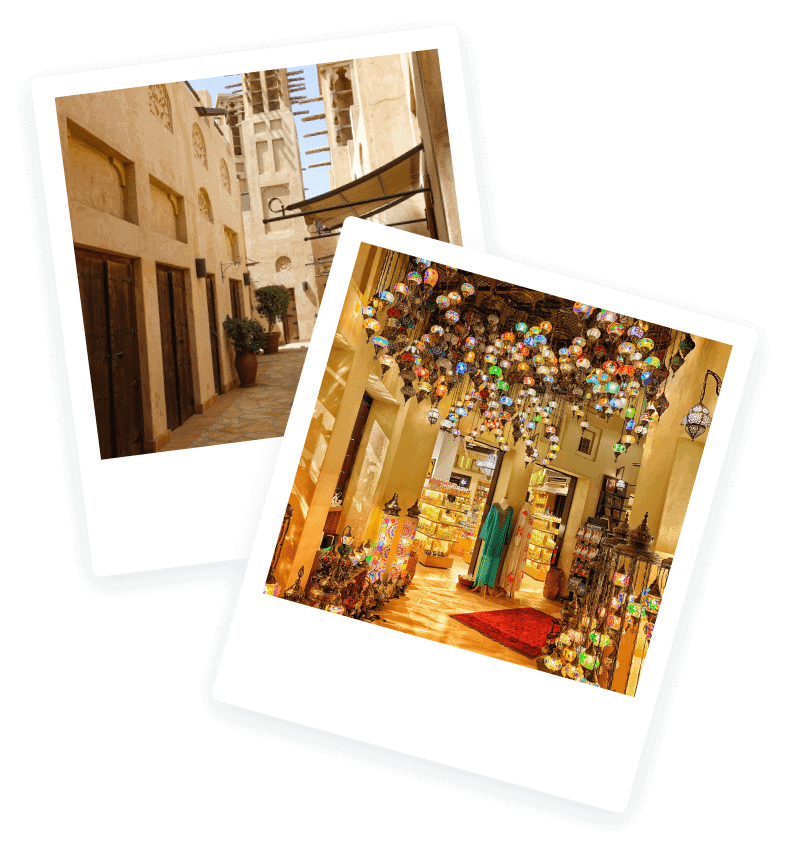
0 Comments